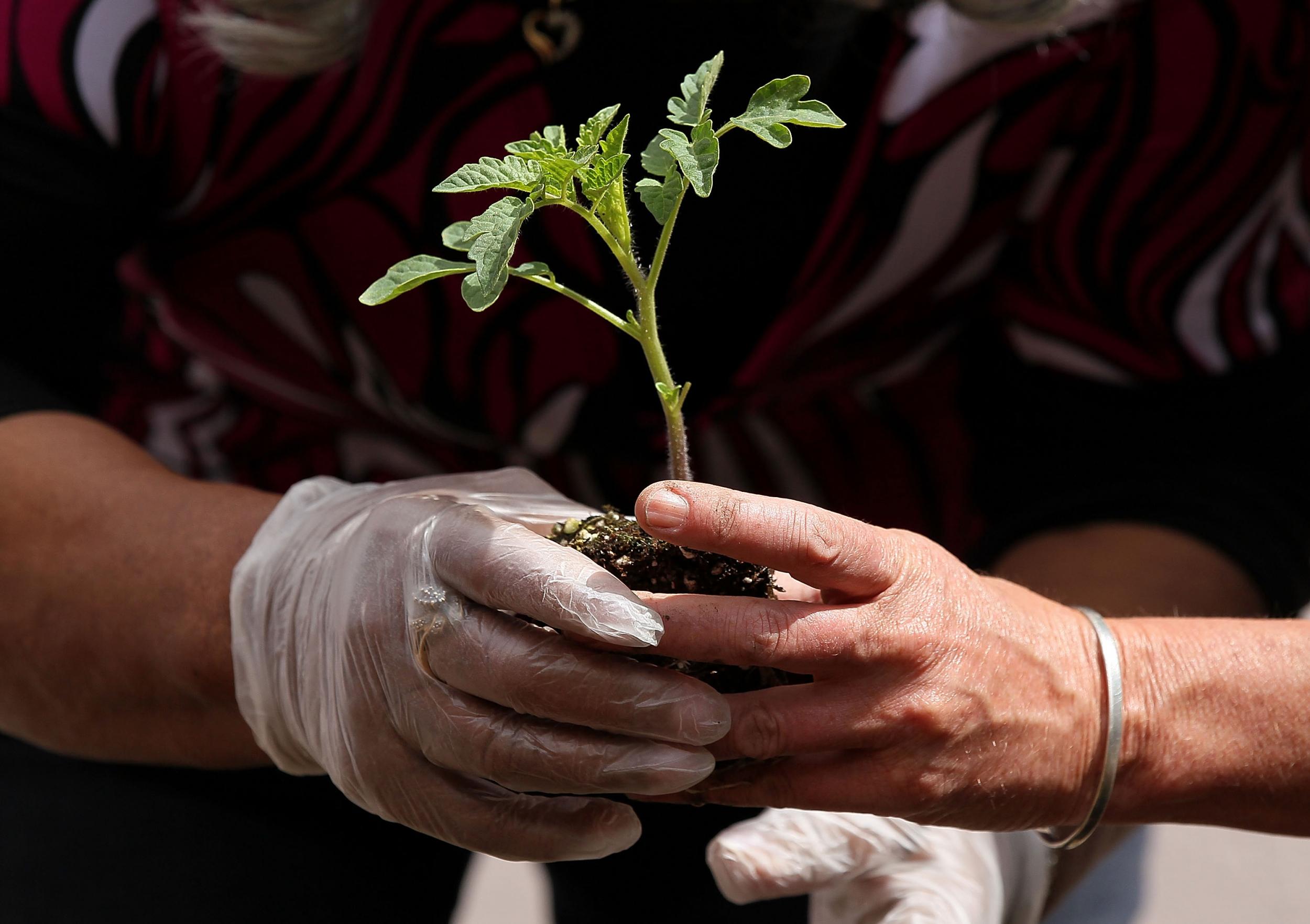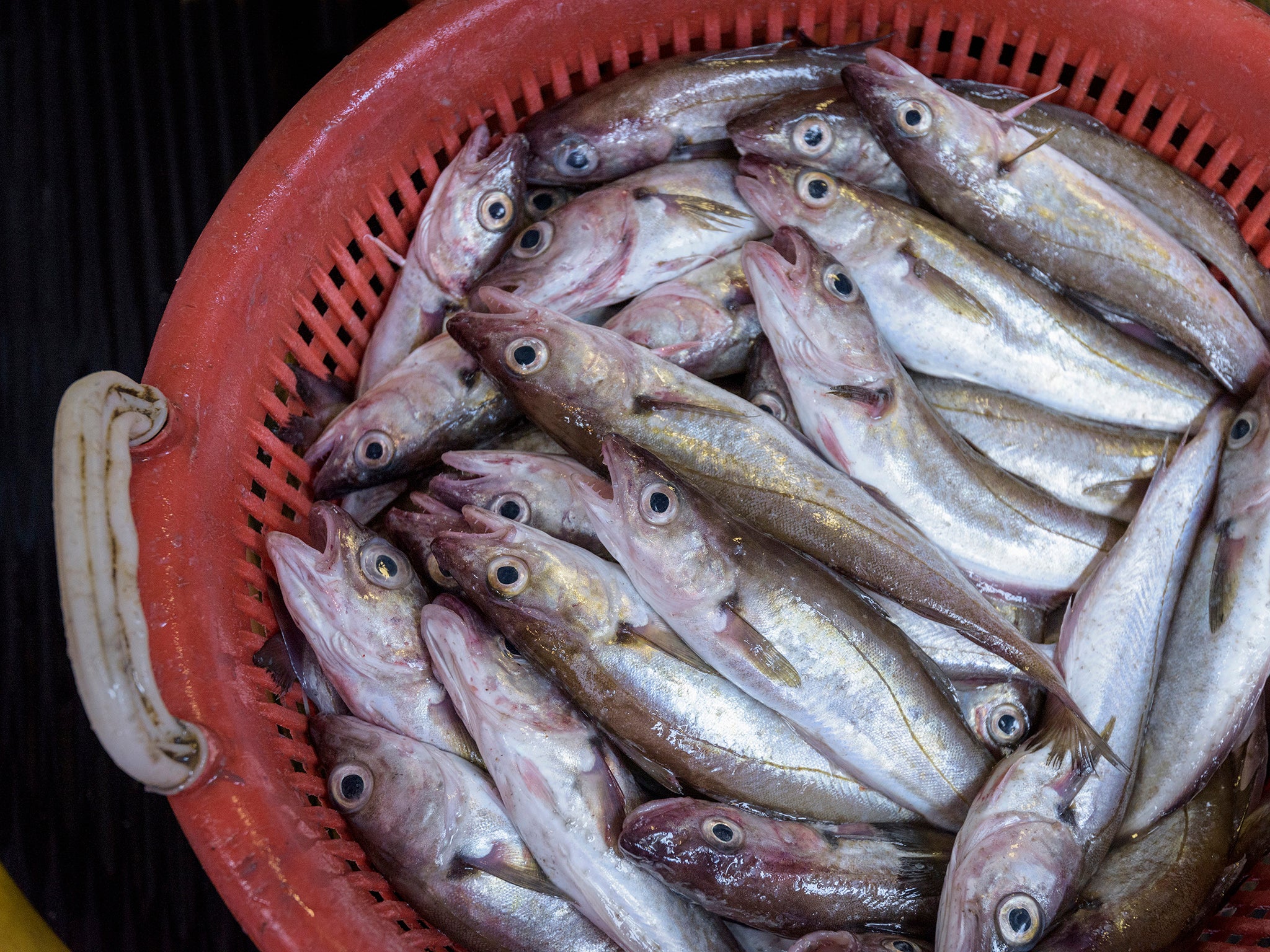Will Brexit help or damage the environment?
The big EU questions: With a month to go before the potentially epoch-making vote on British membership of the EU, the debate so far has been characterised by bias, distortion and exaggeration. So from now until the referendum we will be running a series of question and answer features that will explain the most important issues involved in a detailed, dispassionate way to help inform your decision.

What has the EU done for the environment in the UK?
The EU’s record on environmental issues is arguably one of its greatest achievements. It has developed world-leading legislation on a range of issues, which have helped tackle water and air pollution, protected endangered species, and imposed tough safeguards on the use of genetically modified crops and potentially dangerous chemicals.
Many who swam in the sea off some of Britain’s most popular beaches in the 1970s have tales of attempting the breast stroke through pools of raw sewage. This week, just 4.9 per cent of bathing sites in the UK were revealed to have “poor” water quality, although embarrassingly this was the highest proportion in any of the 28 EU member states.
The World Health Organisation also recently warned that dozens of British cities were failing to meet air pollution standards. But few would doubt that the situation would be substantially worse if EU regulations had not been an ever-present ‘big stick’ threatening successive British Governments that have largely failed to make significant progress. Despite estimates that anywhere between 30,000 to 60,000 people die prematurely every year because of the air we all breathe, the UK Supreme Court recently had to order the Government to draw up a plan to tackle the problem in order to meet EU standards.
The EU’s Renewable Energy Directive, which set a target of 20 per cent of energy from renewables by 2020, has also been credited with helping drive the rapid growth in the industry over the last few years.
And the EU regulation that implemented the Convention on International Trade in Endangered Species of Wild Fauna and Flora (CITES) – which helps prevent the sale of ivory, rhinoceros horn and shark fins – is actually “more stringent” than the standards laid down in CITES itself, according to a report on the environmental effects of Brexit by the Institute for European Environmental Policy (IEEP).
Has the EU caused any problems?
The Common Fisheries Policy (CFP) is designed to conserve stocks but has been criticised for years, particularly for allowing fish to be caught and then discarded dead into the sea to avoid breaking quotas for particular species. The EU belatedly addressed this with a discard ban that came into force on 1 January this year. Others feel the controls have been too strict with pro-Brexit Cabinet Minister Michael Gove claiming his father’s fish merchant business in Aberdeen had collapsed because of rules set in Brussels.
But for all its faults the CFP has helped stocks of fish like cod recover from dangerously low levels and the Government has indicated a similar system would have to be set up in a post-Brexit Britain. The Marine Conservation Society said while the CFP had until recently been “universally considered a failure”, the new “radically reformed” version could ultimately lead to “a more reliable, prosperous and environmentally sound fishing industry”. Pro-EU Conservative MP Damian Green gave a more lukewarm assessment, saying recently that the CFP was “better than it used to be”.
The Common Agricultural Policy (CAP) has been accused of favouring large-scale farms designed to maximise the output of food at the expense of the environment, although this legacy of the post-war period has changed in recent years with more subsidies for environment schemes.
However the IEEP report concluded that the CAP was “still far from a well-conceived and executed policy for the environment”, while Greenpeace said the CAP “incentivises farmers to keep land fallow without allowing it to re-wild, so the land is both unproductive and low in biodiversity”.
There are those who would argue that the EU’s environmental standards are too tough. The “precautionary principle” is enshrined in EU treaties and this can mean Europe is slower than the rest of the world to adopt new technologies that affect the natural world.
The EU’s stance on genetically modified crops, for example, has been attacked by some scientists in the field who believe it is preventing the use of GM plants that have not been shown to do any harm and which could benefit the environment by reducing the levels of pesticides that non-organic farmers believe to be necessary. Opponents of GMOs repeatedly cite the precautionary principle when warning of the dangers of releasing unnatural genomes into the wild.
The National Farmers Union recently expressed its “exasperation” at the EU for failing to reissue a license to use the herbicide glyphosate following disputed claims that it might cause cancer. The NFU insisted the chemical – traces of which can be found in human breast milk and urine – was safe.
Would EU rules still apply after Brexit?
Any laws that have been adopted into English and Scots law would still apply if the UK left the EU, but parliament would then be able to change them if it wished. However MPs would have to be careful not to damage the level of UK exports to the EU by breaking its rules on imports.
The situation would also depend on whether the UK left the EU but retained access to the internal market by staying a member of the European Economic Area (EEA), adopting a similar status to Norway and Iceland.
Remaining in the EEA would mean most environmental laws would still apply, but the Bathing Water Directive – that has helped make a trip to the beach a more pleasant experience – would not.
Would there be any benefits to the environment if the UK left?
Parliament would be able to make environmental laws that are specific to Britain, pro-Brexit campaigners argue.
George Eustice, a Minister in the Department for Environment, Food and Rural Affairs (Defra), said in a speech recently that the EU was afflicted by "inertia, inconsistency and indecision", whereas a pro-Brexit UK would be "more agile" and have the ability "to act, to decide and to get things done".
And he predicted there could be more Government money to help the environment – and farmers – if the UK left.
"The UK government will continue to give farmers and the environment as much support – or perhaps even more – as they get now," Mr Eustice said. "The Prime Minister has made that clear and I agree with him.
"In the scheme of things, the amount of money spent on our countryside and wildlife is very modest when compared with spending on other departments. But we could spend our money more effectively if we had control.
"To promote improved wildlife habitats and higher animal welfare standards, we would put in place a scheme similar to the environmental stewardship scheme we have now, but we would make it simpler and broaden the remit of schemes to include measures that improve animal welfare."

Supporters of Brexit often argue that leaving the EU would enable Britain to protect its fish stocks more effectively because it would be able to decide the level of access given to large fishing fleets from countries like Spain.
But fish have a tendency not to respect national borders and Defra has pointed out that fishing beyond UK waters is worth £100m a year to the British fleet.
“If we leave the EU, we wouldn’t automatically control our fishing waters,” Defra said in a leaflet on the benefits of being in the EU. “We would still have to share rights to fish in UK waters because co-operation with other states would need to continue.”
Greenpeace said it was “theoretically possible” that the UK could keep the best bits of EU environmental legislation and improve the poor ones
What would be the down-side?
Picking up from their last point, Greenpeace said it was “much more likely, given the history of the UK resisting and weakening environmental directives from the EU, that we would ditch all the good bits and keep most of the bad bits” in the event of Brexit.
“So, for example, we’d probably continue giving huge subsidies to the richest landowners in Britain to keep their land unproductive in both biodiversity and crops, but we might also allow them to turn currently protected natural habitats into the same pointless deserts,” it said.
Greenpeace described the UK government as “one of the most obstructive and regressive in Europe on environmental issues”, concluding that “removing our influence might allow stronger regulation in the remaining EU”.
“However, the UK’s environment would probably suffer badly, and the power of the EU as a progressive bloc in international negotiations would be weakened. It’s difficult to predict such a complex chain of consequences, but Brexit would almost certainly be bad for the UK’s environment, and very probably for the world,” it added.
Would the EU miss the UK for any kind of environmental reason?
According to the IEEP report, they probably would.
“During the last four decades, the UK has showed a strong record of providing scientific and policy advice to the development of EU legislation regarding environmental quality, demonstrating important UK influence at EU level,” it says.
Overall, would leaving the European Union be good or bad for the natural world?
According to the IEEP report, the EU has “developed probably the most complete and influential body of environmental law and policy in the world”.
“The EU has a strong record in agreeing a common approach to a wide range of environmental issues. This has raised environmental standards throughout Europe,” it says, adding that this has also had a knock-on effect on the rest of the world, particularly among countries that export to the EU.
Join our commenting forum
Join thought-provoking conversations, follow other Independent readers and see their replies
Comments
Bookmark popover
Removed from bookmarks